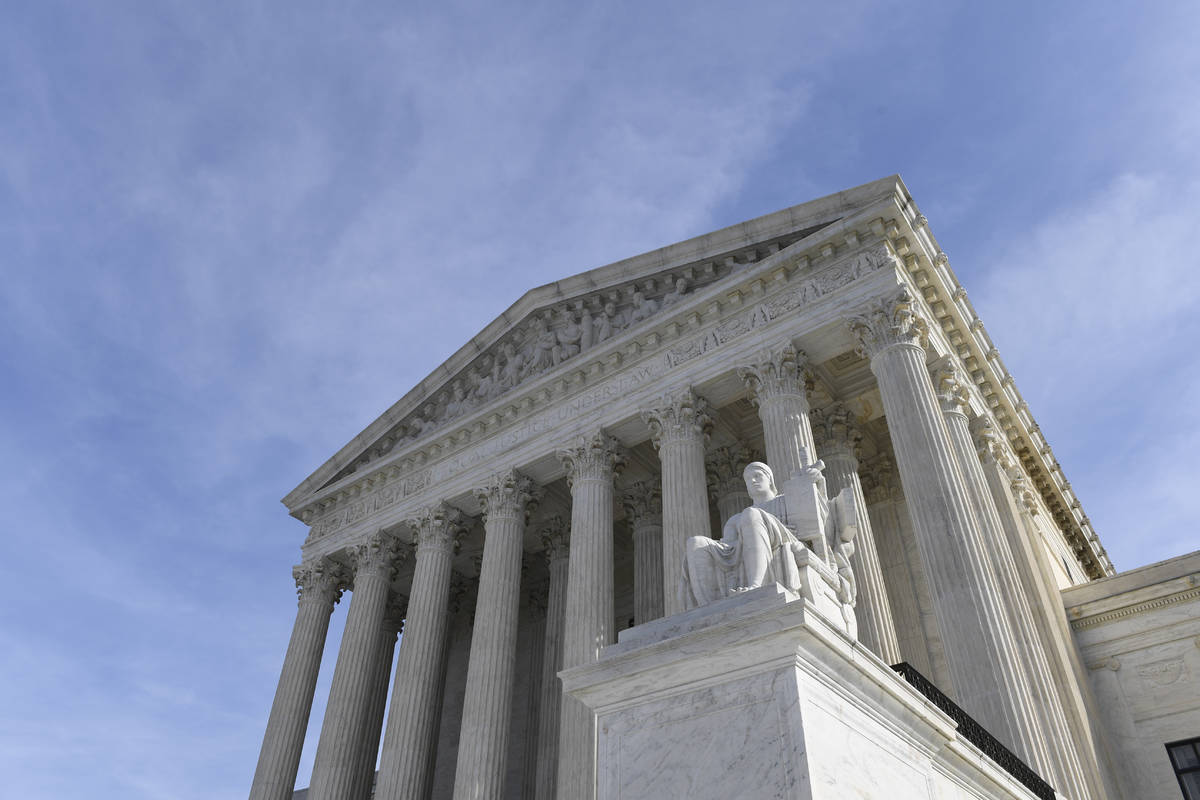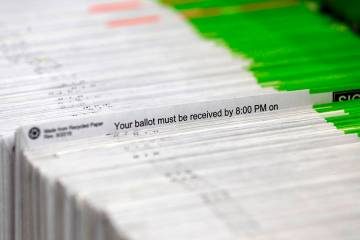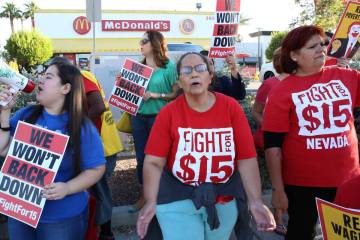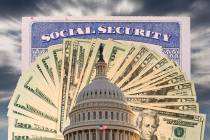EDITORIAL: Anonymous speech gets another day in court
Anonymous speech has a rich history in the United States — the Federalist Papers, promoting the ratification of the Constitution, were published under the pseudonym Publius.
In a 1995 case, an Ohio woman was fined for passing out unsigned leaflets opposing a school tax hike. But the U.S. Supreme Court ruled against Ohio, holding that the First Amendment protected anonymous speech from state sanction. The 7-2 majority noted the “respected tradition of anonymity in the advocacy of political causes,” adding that “this tradition is perhaps best exemplified by the secret ballot, the hard-won right to vote one’s conscience without fear of retaliation.”
That observation about the right to speak “one’s conscience without fear of retaliation” has become even more important in our poisonous “cancel culture” climate. Some activists seek to use “disclosure” requirements as a mallet to intimidate and threaten donors with whom they disagree, and on Monday anonymous speech was once again in front of the high court.
At issue is a California law that requires charities to privately provide the state attorney general with a list of their largest donors. The case involves Americans for Prosperity, a free-market nonprofit founded by the Koch brothers, and the Thomas Moore Law Center, a Christian public-interest law firm, both of whom in 2012 refused to comply with the Golden State mandate. The groups argued that the rule violated their right to free association and could potentially dissuade donors worried about harassment if the lists were leaked or accidentally disclosed.
Proponents of the law argue it promotes a state interest by helping officials police fraud. But Justice Brett Kavanaugh pointed out that only four states, including California, have such a statute, meaning the other 46 have found the means to protect the public interest without ignoring the First Amendment.
The lawsuit generated support from groups across the ideological spectrum, including the ACLU and NAACP Defense Fund. In 1958, the Supreme Court struck down an Alabama law that required the NAACP to publicly disclose its donor list, an obvious effort to intimidate the group’s financial supporters.
And that’s truly what’s at stake in the California case. Americans have a First Amendment right to donate to causes they support and to associate with like-minded individuals. If they choose to do so anonymously in order to avoid retribution, that must also be their prerogative if the Bill of Rights is to remain a protection against government intrusion.
In the 1958 NAACP case, the “court explicitly held that for contributors the default rule under the Constitution is ‘privacy of association and belief,’” writes Allen Dickerson, vice chairman of the Federal Election Commission, in a Wall Street Journal commentary. It’s a principle the justices should continue to respect.





























